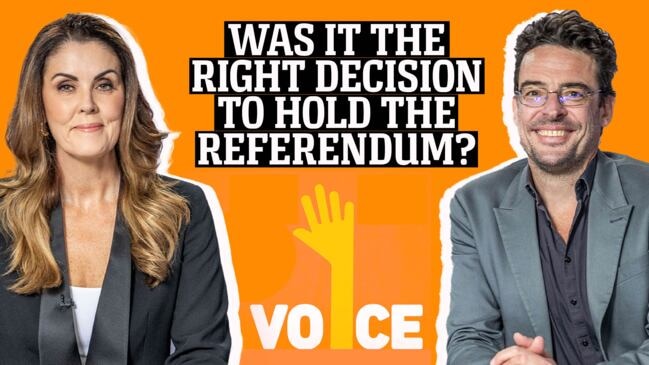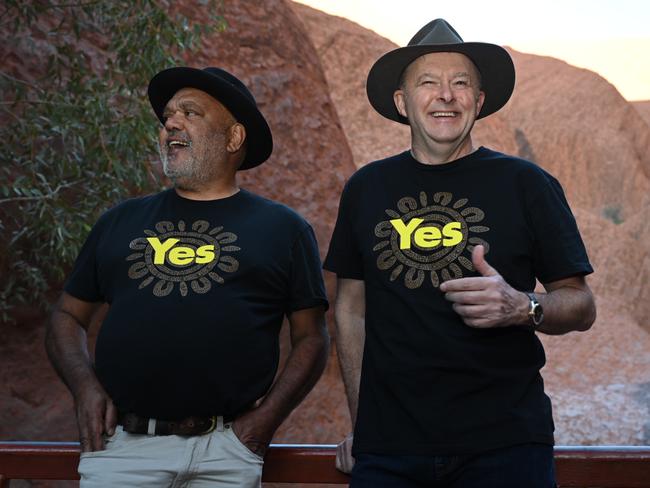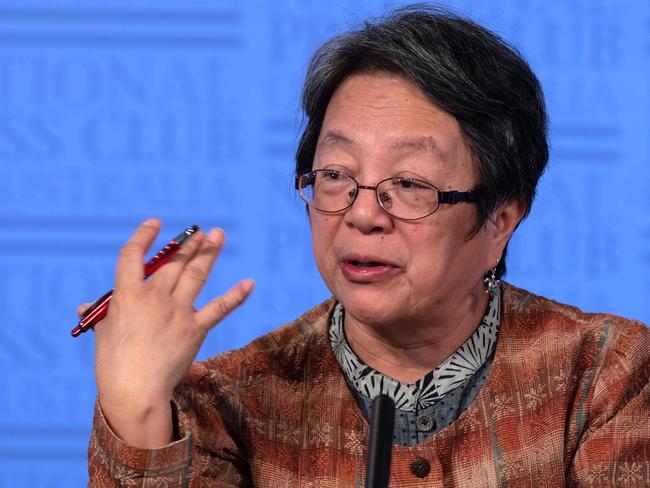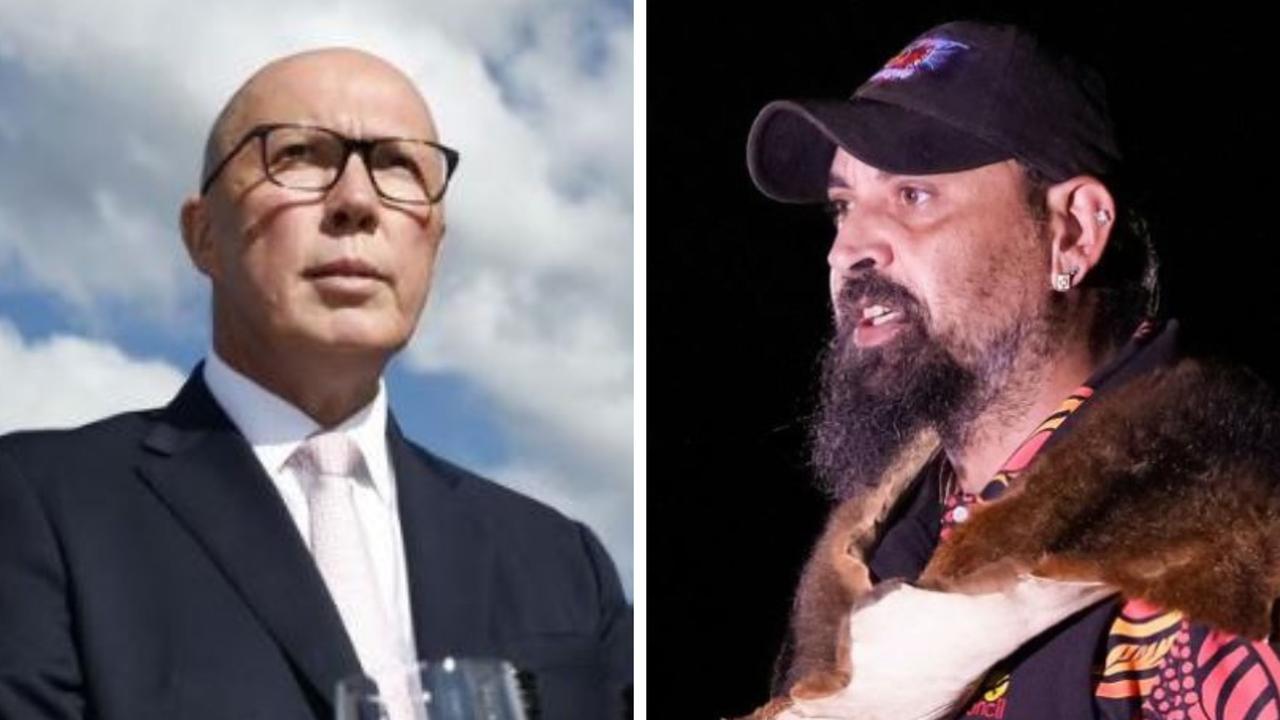United Nations human rights chiefs back Voice to overcome Australia’s ‘colonial legacy’
United Nations human rights chiefs have lashed Australia’s “systemic discrimination” of Indigenous people in an effort to convince voters to support the Voice.

National
Don't miss out on the headlines from National. Followed categories will be added to My News.
United Nations human rights chiefs have launched a last-ditch bid to convince Australians to support the Voice and deliver “justice for historical wrongs”, amid warnings from Prime Minister Anthony Albanese that the world is watching the referendum.
The UN-appointed experts argue the Voice is needed “to overcome the colonial legacy of systemic discrimination and inequalities that have undermined the ability of Indigenous peoples to realise their rights to development and self-determination”.
José Francisco Calí Tzay, the UN’s Special Rapporteur on the rights of Indigenous Peoples, refused multiple requests about the referendum during the campaign after his predecessor backed the Voice in 2017.

But in a statement released last week, he and Surya Deva – the UN’s Special Rapporteur on the right to development – said Australians could help their government “fulfil its human rights obligations” by supporting the Voice and allowing Indigenous Australians “to participate in decision-making that affects them”.
“It will strengthen the participation of Australia’s First Peoples in decision-making related to their political, economic, social and cultural development,” they said.
“First Peoples experience higher rates of disease and lower life expectancy than non-Indigenous peoples due to lack of access to health services, adequate housing and nutritious food.”
They suggested the Voice could amend “punitive laws” in areas including child protection, law enforcement, corrections, native title and cultural heritage.
“First Peoples have the right to determine and develop priorities and strategies for exercising their right to development through their own institutions,” the UN experts said.
“The fulfilment of Indigenous Peoples’ right to Indigenous-led institutions should not be presented as a cost or an unjustified privilege, but rather as a matter of fundamental human rights and justice for historical wrongs.”
Mr Deva is the director of Macquarie University’s Centre for Environmental Law in NSW, while Mr Calí Tzay is a Guatemalan expert on indigenous rights.

Mr Albanese said last Sunday that the referendum result would be “seen by the world”, and that international leaders were “very conscious” of Australia being “last in the queue when it comes to acknowledging the fullness and richness of our history”.
Asked if Australia would be diminished by the Voice’s defeat, he said: “I’m hoping we vote yes because the debate here is whether Australia will enlarge ourselves, whether we’re a country that looks for hope and optimism and for the future, or whether we shrink in on ourselves.”
Mr Calí Tzay’s predecessor Victoria Tauli Corpuz threw the special rapporteur’s support behind the Voice in 2017, saying it would “carry momentous significance to resetting the relationship with the First Peoples of Australia”.
She visited Australia that year and released a scathing report about the nation’s efforts to address the disadvantage faced by Indigenous people, calling for “comprehensive revision of the policies … (as) a national priority”.
More Coverage
Originally published as United Nations human rights chiefs back Voice to overcome Australia’s ‘colonial legacy’





